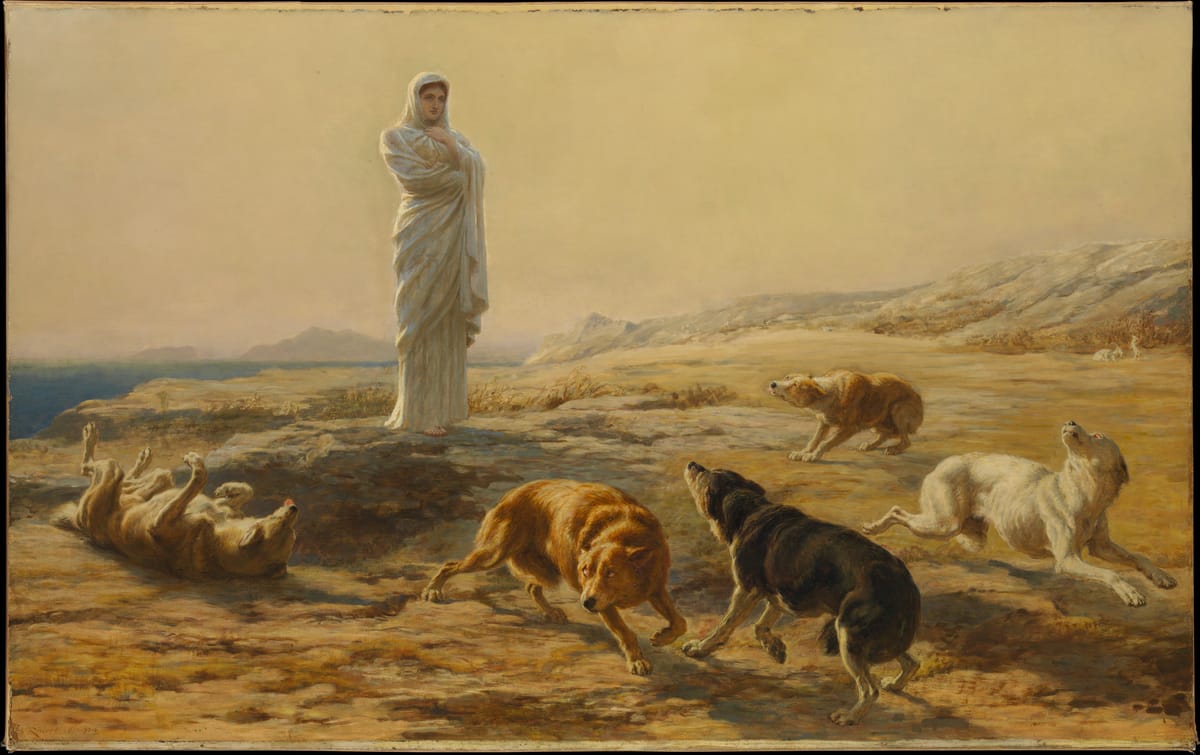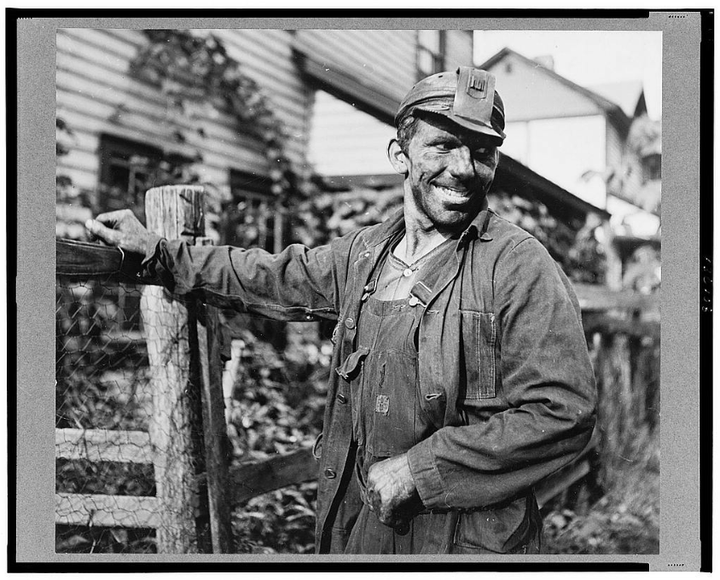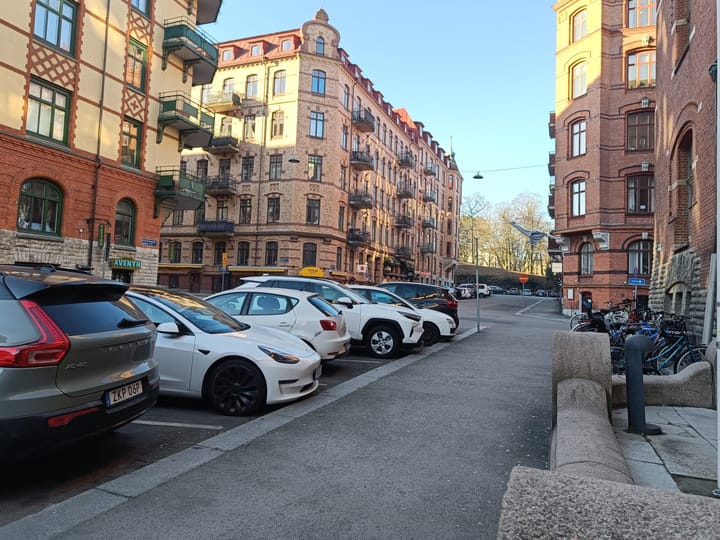week 15 / 2025
Paddling away from Calypso's island, claiming false identities in every encounter—the genre of WEEKNOTES is never merely a tale, but also its telling! This week, it all adds up in the end, and Emily Wilson sets sail on the wine-dark sea.

I’ve been tracking my work hours properly for about a year or so, and weeks like the one just gone really bring home the value of doing so. Talking to some friends on Friday afternoon, I remarked that I felt like I had done very little in the five days previous—but when I sit down to tot up the numbers ahead of writing my weeknotes, it becomes clear that actually I’ve done quite a lot.
The pattern I’m seeing is that weeks in which I switch modes frequently, doing lots of small-batch work across multiple projects, tend to be the ones that I feel negative about. Weeks with a clear focus on one or two things, by contrast—such as the last two weeks of March this year—leave me in little doubt that I’ve done my time.
It would be nice to conclude—as a productivity guru surely would—that I should optimise toward patterns of work where I switch modes rarely, keeping the focus on one or two projects at most. However, as optimal as that might well be, it’s not always an option; the nature of freelancing—and in particular the getting-myself-established stage that I’m still working through—doesn’t always give you the choice.
Nonetheless, this is a useful finding. Firstly, it’s an extension of the basic realisation that comes with time-tracking, namely that you’re likely doing more than it feels like you’re doing; that illusion is apparently compounded by the fragmentation of tasks. Secondly, it suggests that aiming for larger focussed blocks is not just good for the work itself, but also for your psychological sense of the work.
(Obvious in hindsight, perhaps—and, again, surely a commonplace of productivity literature. But much of said literature is written by, and to some extent for, people for whom the choice to delegate and optimise is supported by the existence of a subordinate corporate hierarchy.)
The meta-level value of this sort of stuff is a developing sense that your process, and hence tour results, are more amenable to adjustment than you may have heretofore convinced yourself. As such, I’m giving some serious consideration to adjusting the general structure of my workdays: moving my daily dose of undirected reading to the end of the day, rather than the start. Will it make a difference? I’ve no idea—but I am at least confident that, if I try it, I’ll be able to notice the change.
So, to the numbers!
ticked off
- Ten hours on PROJECT PORTON, including the co-facilitation of an online workshop which basically ate up an entire day. (It’s been a while since I last steered some workshop sessions, and I always forget just how intense and exhausting a process it is; for me, at least, online workshops are much harder, because you can’t make use of energetic feedback from your participants in the same way you can in person.)
- Eight hours of admyn, in which I’m including the hour I spent answering questions on camera about Media Evolution’s collaborative foresight cycles, and my involvement in such. (I wouldn’t say the latter was exactly fun, and I’m generally not a huge fan of being at the business end of a lens, but it was a fairly smooth experience—and I’m always happy to talk about my work with ME, which is always enjoyable.)
- Seven hours of interview editing for This Very Website. (Trying to get this very long transcript tidied up for the top of the coming week, so I can get it in from of the interviewee for clearance and publication. I’ve had to leave it a bit late, as things have been so busy with paying work.)
- Three hours on PROJECT HORNIMAN. (We’re a bit close to a deadline imposed by circumstances outside the project, here, due to the nature of the sector in which the project is playing out—which means there’ll have to be some compromises, and then some over-run to back-fill. Selah.)
- Three hours on PROJECT PONTIF. (Probably more than three, actually—but the rule is, if it doesn’t get noted down, it doesn’t get counted. This is a long-game project which will take a long time to pay off, and as such it’s been back-burnered for quite a while, but I want to apply a bit more heat to it.)
- Three hours on PROJECT WATERWAY. (This is a little side project with Gustav Magnusson, which shouldn’t take too much time overall, but which does involve some moderately imminent deadlines. Luckily it’s a fun little thing, so motivation should remain high, even if time allocation becomes tricky.)
- Two more mop-up hours on PROJECT ADVANTAGE. (Crossing Ts and dotting Is, that sort of stuff.)
- Three hours at STPLN, in a workshop given by the ever-affable Duncan Geere on how to do creative work in a climate crisis.
- And, of course, ten hours of undirected writing and reading, as always.
kinmaking
The monthly Malmö futures folk meet-up took place this Wednesday at Ruths, but I missed most of it because it clashed with the only open appointment at my regular barber. Other than that, no formal kinmaking this week—but given the hours recorded, I’m not going to go hard on myself for that!
reading
I picked up Emily Wilson’s recent translation of Homer’s Odyssey a couple of months back, and have made it about halfway through so far. I’ve had another translation on the shelf for years, but never made much headway with it; whether that’s because the archaicism was off-putting or difficult, or because I just wasn’t ready, I have no idea.
Wilson’s language is accessible, and the iambic pentameter feels familiar, as intended. But the story as a whole is also more familiar now, presumably thanks to my recent enjoyment of Claire North’s exemplary retelling with Penelope as the focal point. Stuff like The Odyssey is baked into the Western literary tradition, of course, and I was very fond of ancient myths and legends as a kid; as such, there’s very little surprise to be found in the story itself.
But the structure and style is very interesting, and perhaps my own maturing as a writer has made it more so? I definitely appreciated Wilson’s introduction, in which she underscores such historical issues as the importance to ancient Greek culture of xenia: the practices of hospitality to strangers which are such a big part of the fabric of the encounters in The Odyssey, and which might be thought of as the closest equivalent to the gift economics of non-Western cultures which have been all but erased by the imposition of capitalist relations. This lets us see the epic form as a medium for the propagation of cultural norms which were likely already obsolete by the time the form became established.
a clipping
It’s been a slow week for internet reading, so I’m digging in the crates a little bit here—but I was surprised to find that I hadn’t already linked this potted history of the Hanseatic League, which provided me with a welcome introduction to a topic I’ve long intended to investigate more thoroughly. These introductory paragraphs will likely give a sense of why I was interested:
Starting as individual traveling traders, the Hansa built up coalitions for collective bargaining, collective action, and collective security. Through this process, they formed Northern Europe’s first ever long-distance trade network.
Without corporate structures, they built supply chains that distributed goods between Northern Europe’s major ports, with capillaries that spread into each city’s hinterlands. Without formal territory, their laws governed trading hubs spanning thousands of miles, from London all the way to Western Russia. And, despite being composed of hundreds of member cities, the Hanseatic League had no head of state. Yet the Hansa still managed to sign treaty after treaty with foreign rulers and, a few times, even fought (and won!) wars.
This piece covers 500 years in seven thousand words, so don’t expect miracles! But I would note that there’s more sense of a coherent thesis explored and expounded in those seven thousand words than Stein Ringen managed to conjure in over four hundred pages of The Story of Scandinavia, which I discussed a few weeks back…
Right, that’s all for this week; I need to get outside and get some sunlight!
This has been the Worldbuilding Agency weeknotes for Week 15 of 2025. Thanks for reading! If you've enjoyed them, it's free to subscribe. If you are already subscribed, please send to a friend who you think might also like it!





Comments ()